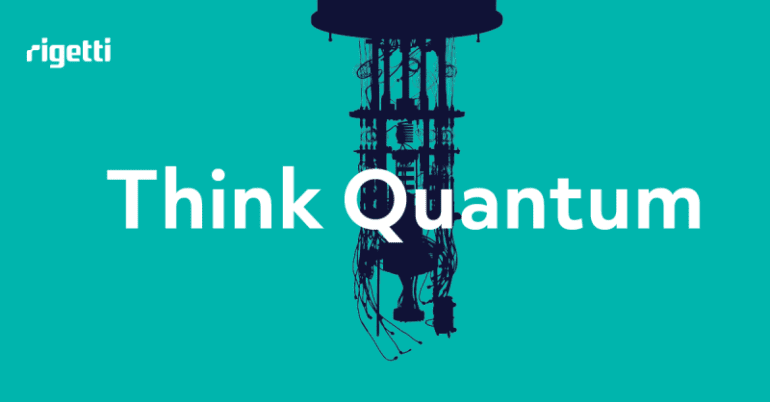TL;DR:
- Rigetti Computing and ADIA Lab partner to develop a quantum machine learning solution for probability distribution classification in quantitative finance.
- The collaboration aims to leverage quantum computing devices to narrow the gap to quantum advantage, outperforming current classical solutions.
- Rigetti will utilize ADIA Lab’s expertise, datasets, and use cases to build a powerful quantum solution.
- The finance sector stands to benefit significantly from quantum computing, with potential applications integrated within weeks.
- ADIA Lab will define finance-related use cases and provide classical datasets, while Rigetti will develop quantum circuits and fidelity metrics for benchmarking.
- The joint endeavor promises to redefine probability distribution classification within quantitative finance.
Main AI News:
In a groundbreaking collaboration, Rigetti Computing, a trailblazer in full-stack quantum-classical computing, has joined forces with ADIA Lab, an independent institute based in Abu Dhabi focused on data and computational sciences research. The alliance is set to revolutionize the field by designing, building, executing, and optimizing a quantum computing solution geared towards addressing the formidable probability distribution classification problem – a challenge of paramount importance in quantitative finance, with numerous practical applications within the investment industry.
The primary objective of this partnership is to harness the potential of modern quantum computing devices in solving real-world problems, with the audacious goal of closing in on the elusive “narrow quantum advantage.” This critical juncture marks when a quantum computer can outperform existing classical solutions in terms of efficiency, speed, or cost-effectiveness for a specific practical problem.
Dr. Subodh Kulkarni, CEO of Rigetti, expounded, “Our pursuit of the narrow quantum advantage necessitates tackling real-world, well-defined, and complex computational problems. Through our collaboration with ADIA Lab’s esteemed researchers, we stand to leverage their expertise, datasets, and practical use cases to develop a quantum solution that surpasses current classical approaches.“
The finance sector stands to benefit significantly from quantum computing due to its myriad intricate use cases spanning financial organizations, presenting the potential for a more rapid adoption process. Integrating quantum algorithms into existing financial models could occur within weeks, while the implementation of a novel material or drug discovered using quantum computation might take years.
Dr. Horst Simon, Director of ADIA Lab, emphasized, “The impact of quantum computing on quantitative finance remains a central research challenge that will shape the industry’s future. Teaming up with Rigetti empowers us to advance our research in this crucial domain, granting us access to cutting-edge quantum computing technology and top-notch experts. We eagerly anticipate embarking on this collaborative research project to uncover potent approaches in addressing a pivotal challenge within the quantitative finance sector.“
Within the framework of this collaboration, ADIA Lab will define finance-related use cases and furnish Rigetti with classical datasets, with a particular emphasis on time series data. Rigetti will undertake the task of developing methods to encode these classical datasets into corresponding quantum states using parameterized quantum circuits. Moreover, fidelity metrics will be devised to compare and determine the similarity between two quantum states, which will then be benchmarked against classical algorithms for distribution comparison. Rigetti will execute the construction and rigorous testing of these quantum solutions using its innovative Quantum Cloud Services (QCS™) platform.
Conclusion:
The collaboration between Rigetti Computing and ADIA Lab in developing a quantum machine learning solution has significant implications for the market. By addressing the probability distribution classification problem in quantitative finance, this partnership stands to unlock groundbreaking opportunities and accelerate quantum computing adoption in the finance sector. As quantum algorithms become integrated into existing financial models, the potential for faster and more efficient solutions becomes a reality, paving the way for transformative advancements in the industry. With both companies bringing their expertise to the table, this joint endeavor promises to reshape the landscape of quantitative finance and quantum computing applications. Businesses operating in the financial sector should keep a close eye on these developments, as they could shape the future of the industry and open doors to new possibilities in data analysis and computational finance.

